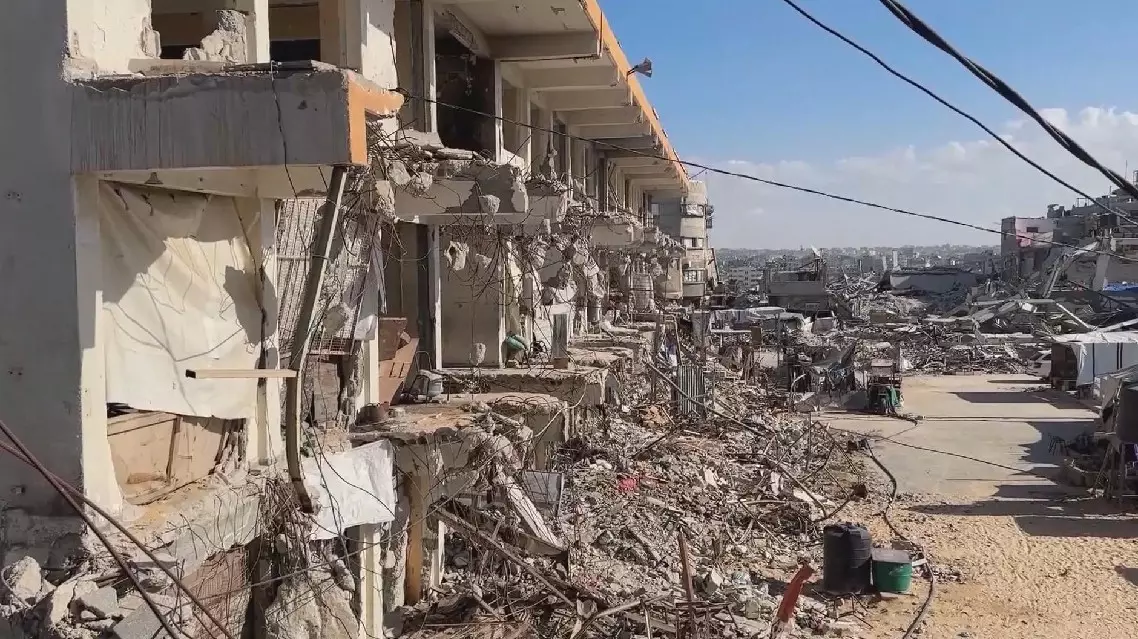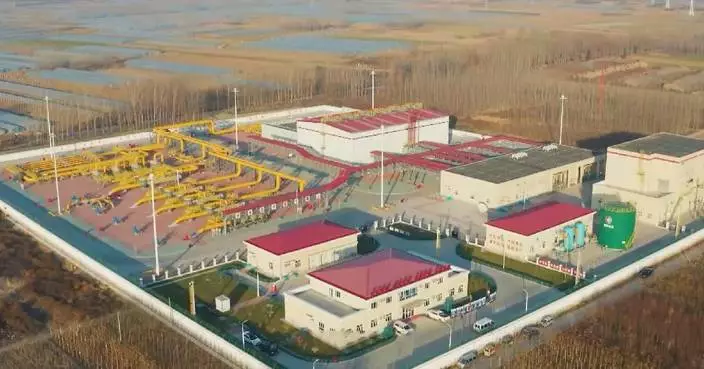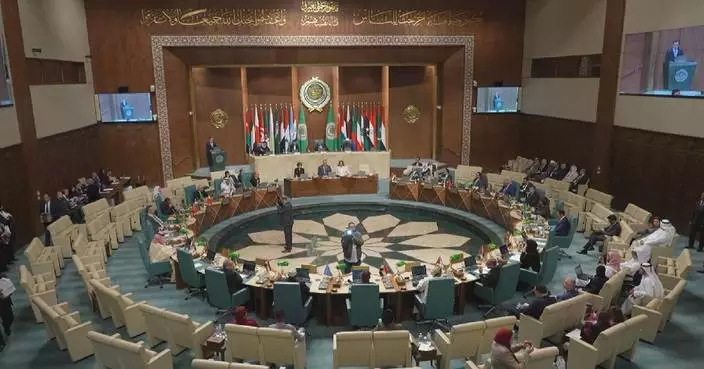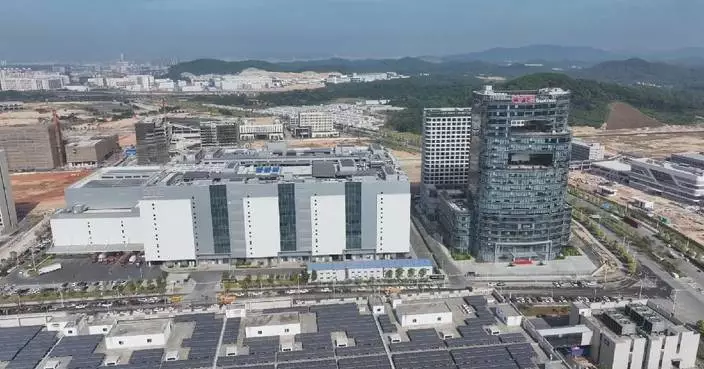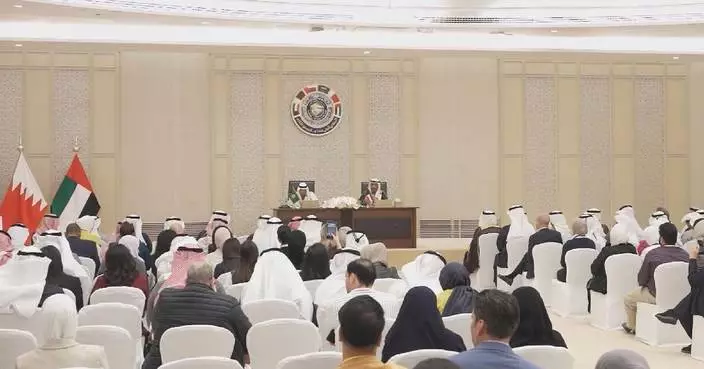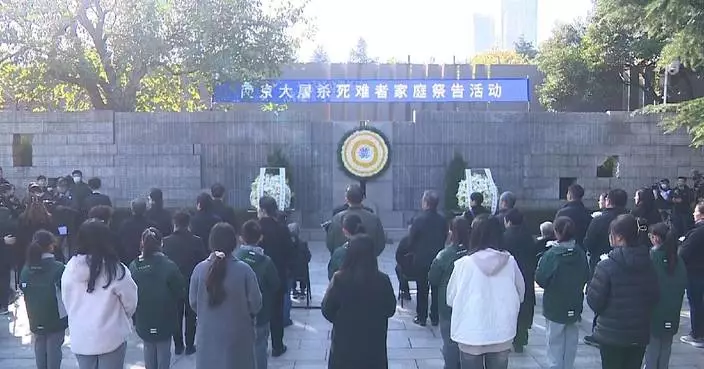The fifth session of the Intergovernmental Negotiating Committee (INC) on Plastic Pollution concluded on Sunday in Busan, South Korea, failing to reach an agreement on a draft treaty to curb plastic pollution.
The week-long INC session in Busan is the final meeting under the initial mandate, bringing together over 1,400 representatives from 178 UN member states and 2,300 participants from intergovernmental organizations, UN agencies, NGOs, and media outlets. Despite extensive discussions, the participating parties failed to reach a consensus on the treaty, and negotiations will continue.
The major challenges to finalizing the treaty include balancing global ambition and feasibility, and addressing the varied reality and capability of developing countries, noted Chinese representatives.
"China places high importance on plastic pollution management, and was among the first countries to implement policies to control unnecessary single-use plastics usage. During the negotiation, China played a constructive role based on our own experiences while accommodating diverse concerns of all parties, and tried to provide solutions to subjects with divergence. But we should also notice that the issue of plastic pollution is complicated, involving all aspects of life and production. We need to comprehensively consider all sections of plastic production, usage, recycling, and management, as well as the influence on upstream and downstream industries and people's daily lives," said Zhou Guomei, Director General of the Department of International Cooperation under the Ministry of Ecology and Environment.
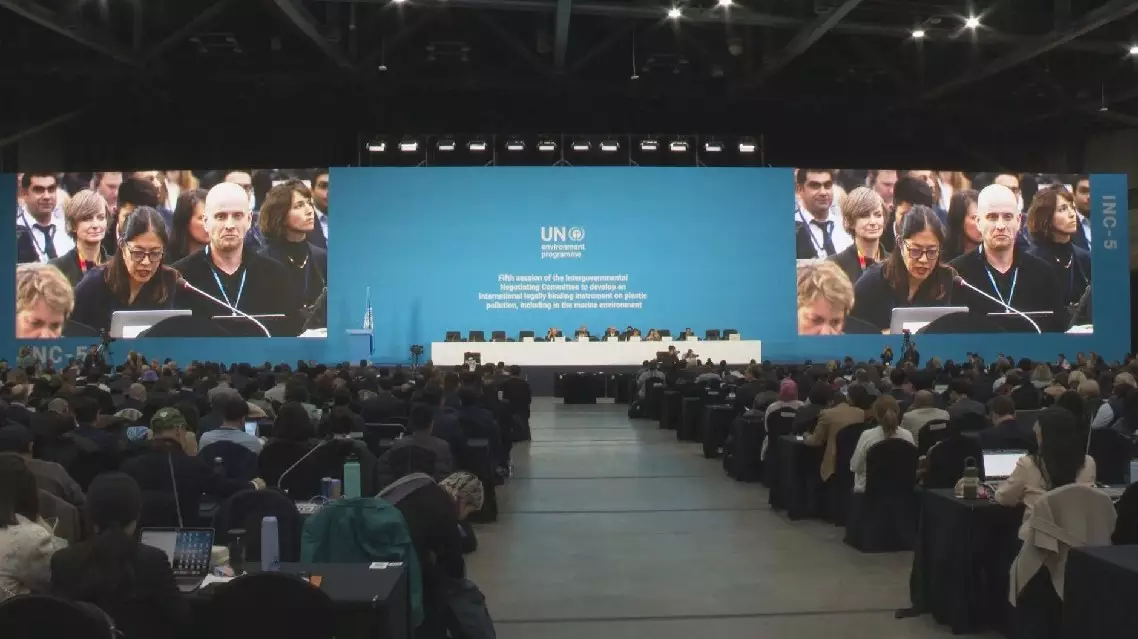
UN plastic pollution summit fails to reach agreement
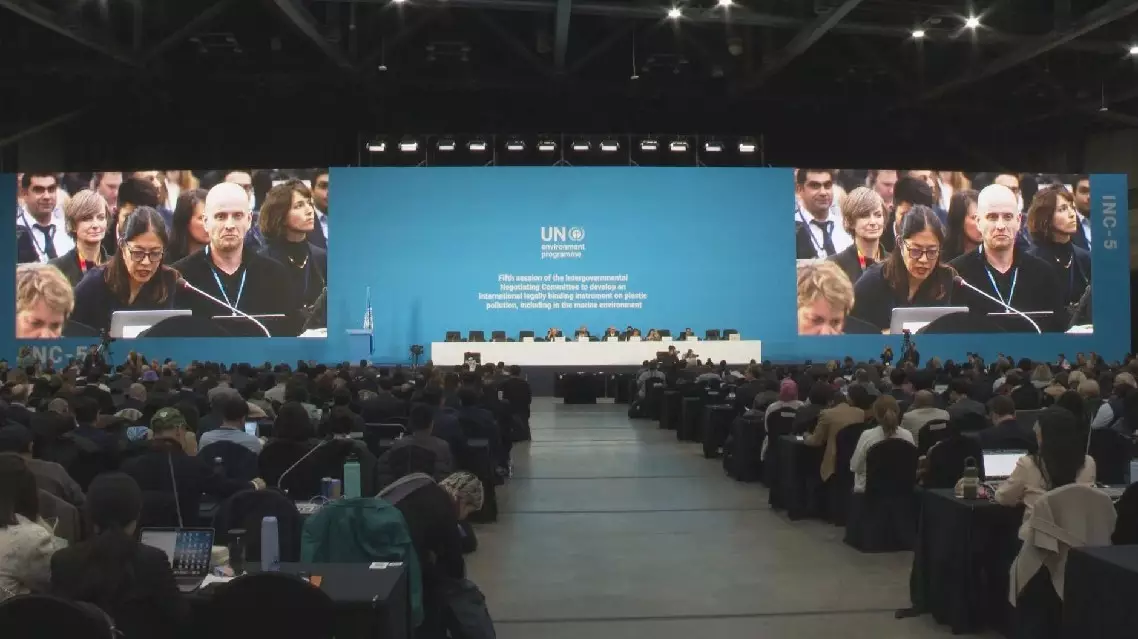
UN plastic pollution summit fails to reach agreement


